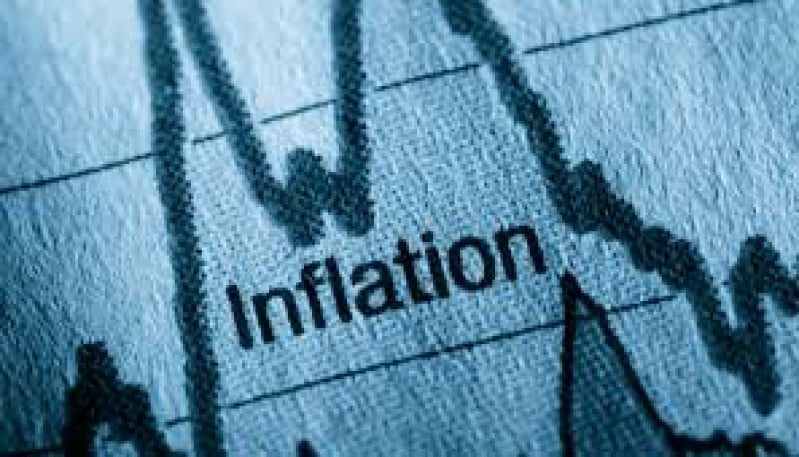
DHAKA, Nov 15, 2024 (BSS) - Finance adviser Dr Salehuddin Ahmed has said although the interim government inherited high inflationary trend from the previous regime, stability has been restored due to various steps of the government.
"The previous situation now does not exist as stability has been restored although not fully. Earlier, the economy became sloth, but now it’s not sloth rather moving forward. When anything became sloth, then it's not possible to accelerate that and it will take certain time," he said.
The finance adviser made comments during an interview with the national news agency at his office at Bangladesh Secretariat marking the completion of three months or 100 days of the office by the interim government led by Nobel Laureate Prof Dr Muhammad Yunus as the chief adviser.
The general point to point inflation rate increased slightly to 10.87 percent in October, 2024, up from 9.92 percent in September, 2024. The general point to point inflation rate in August, 2024 was 10.49 percent.
The general point to point food inflation in October, 2024 increased to 12.66 percent, up from 10.40 percent in September, 2024. The non-food inflation, however, declined to 9.34 percent in October, 2024, down from 9.50 percent in September, 2024.
The main challenge, he said, for containing inflation is that it has been hovering around double digit for the last two years and it has slightly increased as the previous government printed excess money while funds were also injected in mega projects.
Dr Salehuddin, also a former central bank governor, said the problem in mega projects is that there is no immediate return. "We'll have to create more employments and thus increasing the purchasing power of people. Besides, there was a mismatch earlier between the demand and supply," he added.
He said the current rise in inflation is subjected to some reasons, which include a couple of flashfloods happened across the country affecting food grains, poultry and cattle farms.
Citing an example, he said the country needs some 4.50 crore pieces of eggs every day and it's not easy to import such quantity everyday while fisheries, poultry and cattle farms were also affected during the floods in Sherpur and Mymensingh side by side sudden rain also affected the vegetables production.
On the whole, the adviser said the supply side was a bit less due to various reasons and also for natural disasters. "We're trying to bridge the gap between the producers and suppliers...the middleman exists heavily in various tiers ...we're trying to deal with those properly as it's not the sole responsibility of the concerned ministry," he added.
He said the National Board of Revenue (NBR) has reduced the tariff on imports of onion, potatoes and rice to put an impact in the market.
"We're yet to break down the chain of syndicate or middleman as politics is also involved in it," he said.
During the period of the interim government, the adviser said the culture of extortion and middleman did not decline fully as the faces of extortionists have changed, but not the extortion.
About fulfilling expectations of common people, the adviser said the government acknowledges that there are some things, which are yet to be achieved till now, but it is not possible to decline the trend of inflation in just more than three months since it was higher for the last two years.
"We're trying to keep the foreign currency reserves at a certain level, we acknowledge that the common people are yet to get the immediate results ... people want to lower food prices immediately and more employment generation, but it's taking some time," he said.
The finance adviser said that the government is pursuing for a sustainable solution for the future in this regard while the dominance of the middleman would decline as well as extortion.
He said the Directorate of National Consumer Rights Protection (DNCRP) is playing their due role to ensure constant vigilance in the market to keep the prices of essentials stable as it is not possible to lower the price of commodities by force.
"We've already taken some decisions to lower duty on imports of items like sugar, rice, potatoes, the LC margin is being made zero," he added.